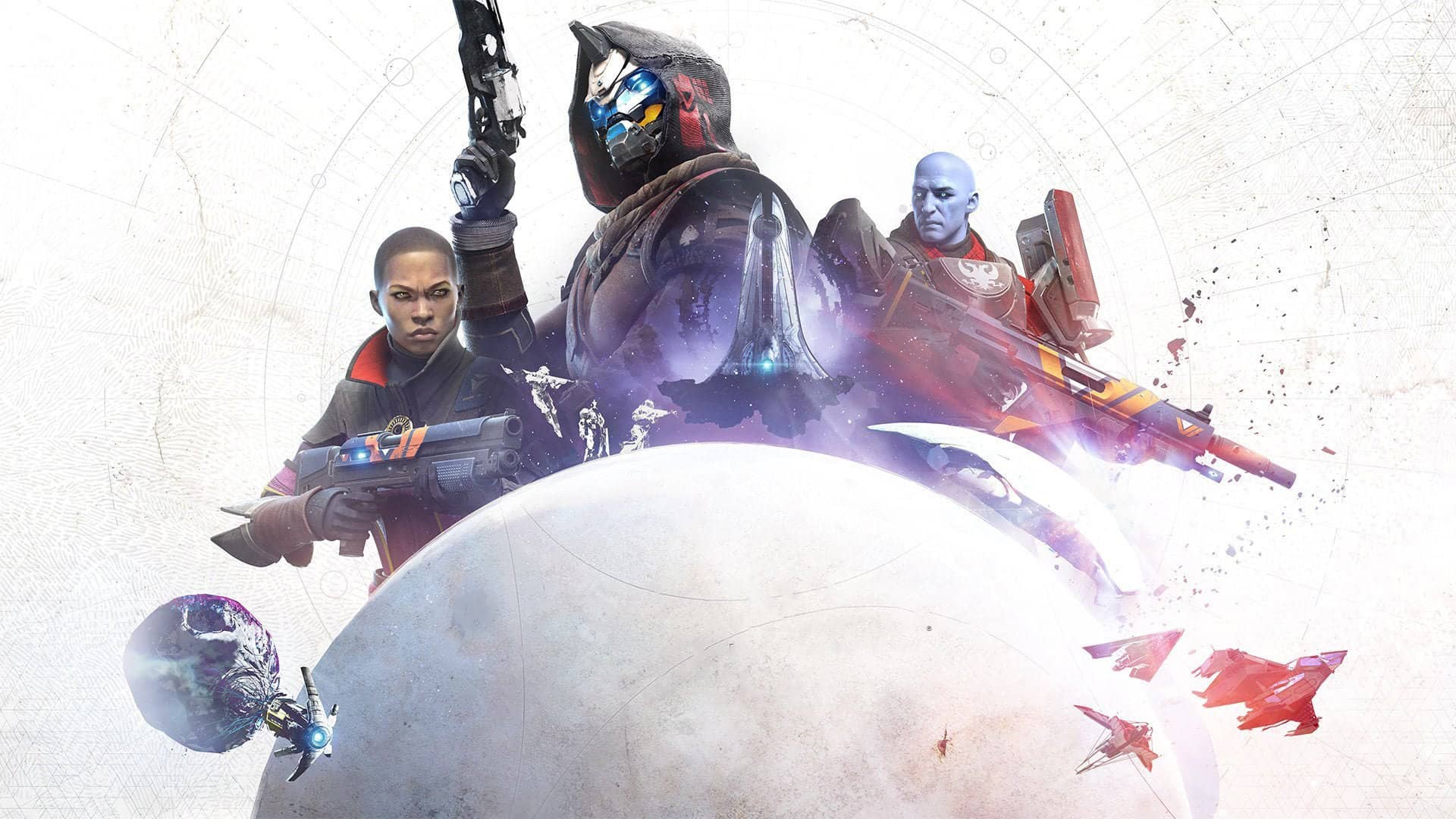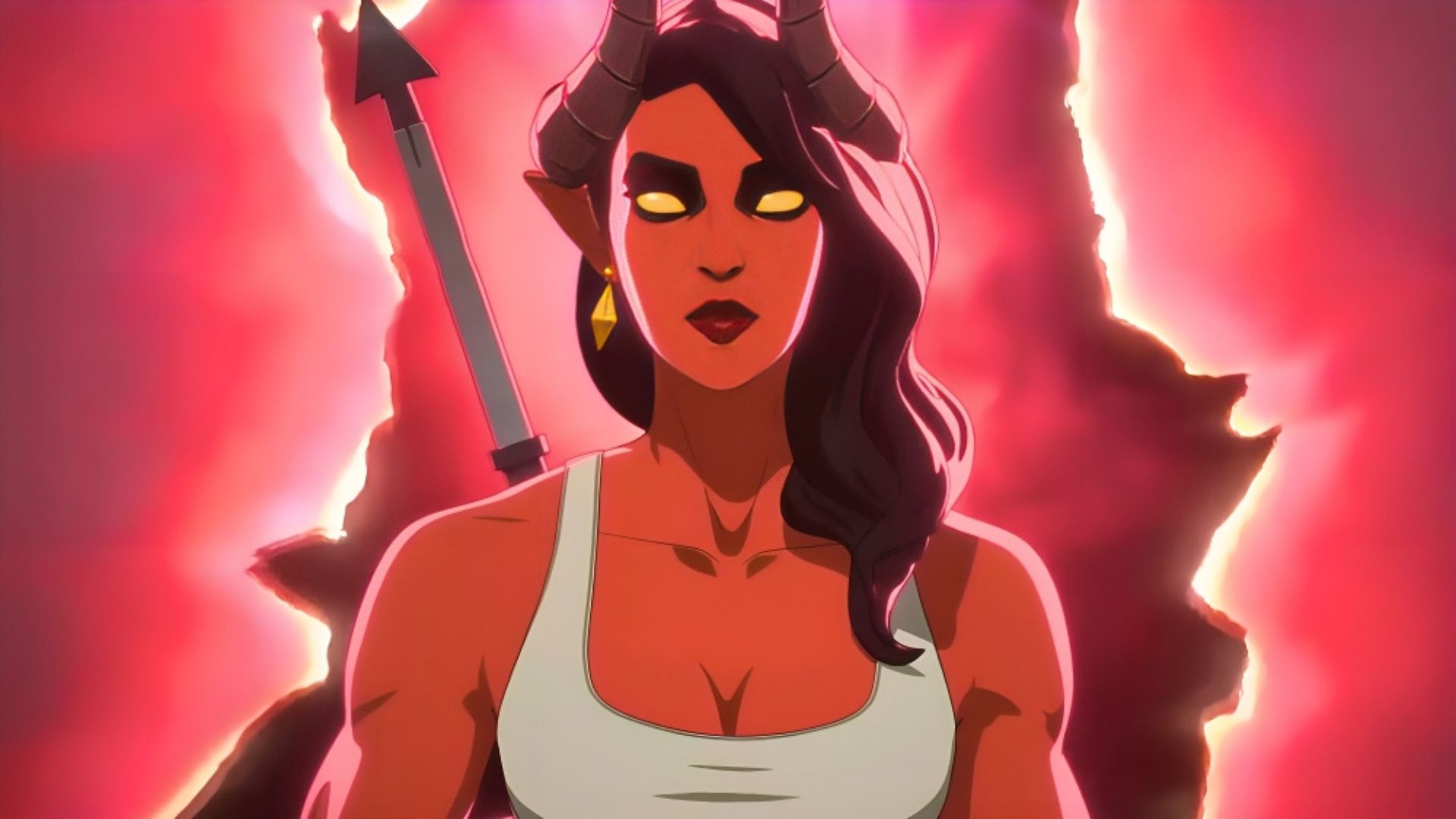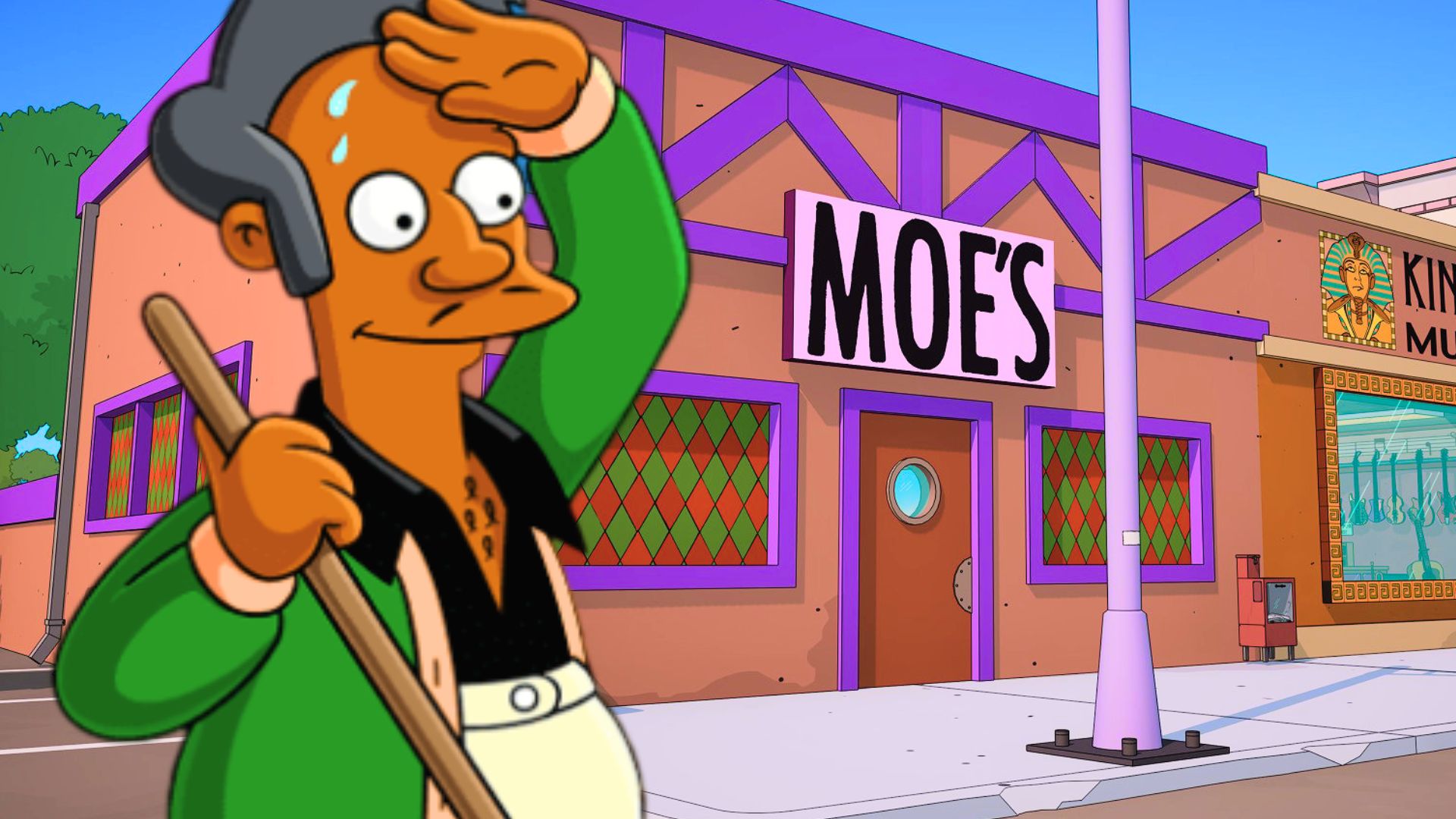You can trust VideoGamer. Our team of gaming experts spend hours testing and reviewing the latest games, to ensure you're reading the most comprehensive guide possible. Rest assured, all imagery and advice is unique and original. Check out how we test and review games here
Activision has patented a method of matchmaking that’ll make players want to spend more money in games. This matchmaking system has been designed to pair players with someone who has exclusive/premium items, and is intended to then (not so subtly) coerce the player into paying for more items in a game.
This patent was spotted by Glixel, who wrote an article that initially suggested the patent was being used in games already. Activision quickly responded and confirmed to Glixel that, it ‘was an exploratory patent filed in 2015 by an R&D team working independently from our game studios,’ and it further clarified that the system ‘has not been implemented in-game.’
Bungie’s community manager, David ‘Deej’ Dague, also commented on the Glixel report, and said that none of the patents ‘functionality appears in Destiny.’
Nevertheless, the wording of the patent is a bit frightening, especially where it discusses the potential applications, saying things like, ‘For instance, the microtransaction engine may match a more expert/marquee player with a junior player to encourage the junior player to make game-related purchases of items possessed/used by the marquee player.’
It continues in a similarly Orwellian tone, explaining that ‘a junior player may wish to emulate the marquee player by obtaining weapons or other items used by the marquee player. The matchmaking system can put players into matches that’ll make use of an ‘in-game-related purchase’ such as a powerful weapon, and this is done with the aim of encouraging ‘the player to make future purchases to achieve similar gameplay results.’
The patent application was filed over two years ago, so it’s not like Activision did this as knee-jerk reaction. In light of the recent furore surrounding the inclusion of loot boxes and microtransactions in games implementing a system like this would be an incredibly silly thing to do.
The level of detail in the application is quite concerning, however, and understandably it’s created consternation when it comes to the practices of a publisher. This becomes more of a concern when you take into account how impressionable people (and children) can be as they strive to ‘fit in’. It’s kind of like being back at school again, and all the cool kids have Nike Air Max trainers and you feel compelled to get the same, or you’ll feel like crap.
Destiny 2
- Platform(s): Google Stadia, PC, PlayStation 4, PlayStation 5, Web, Xbox One, Xbox Series S/X
- Genre(s): Action, Adventure, First Person, Massively Multiplayer, Shooter







